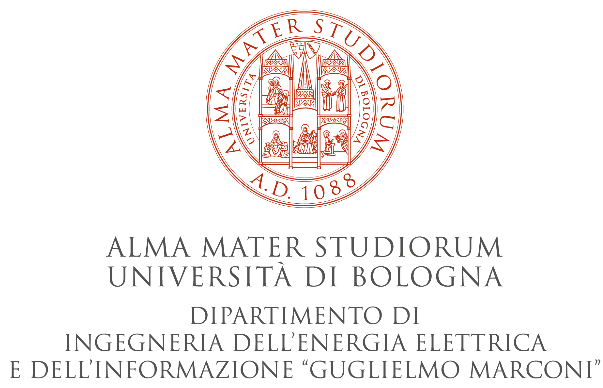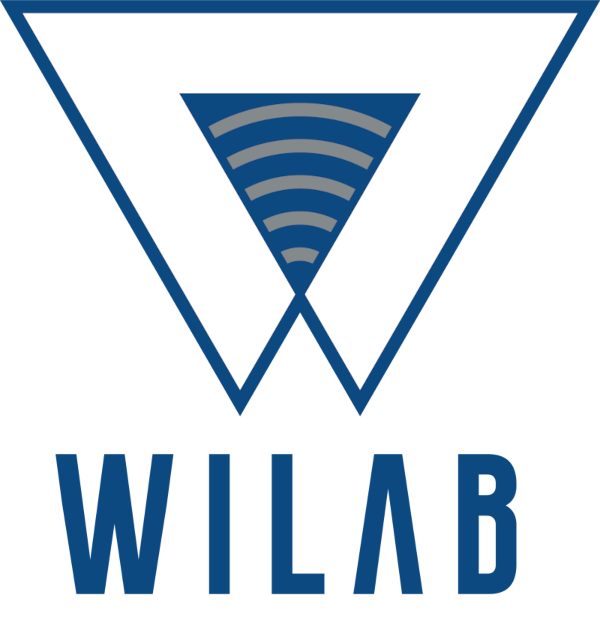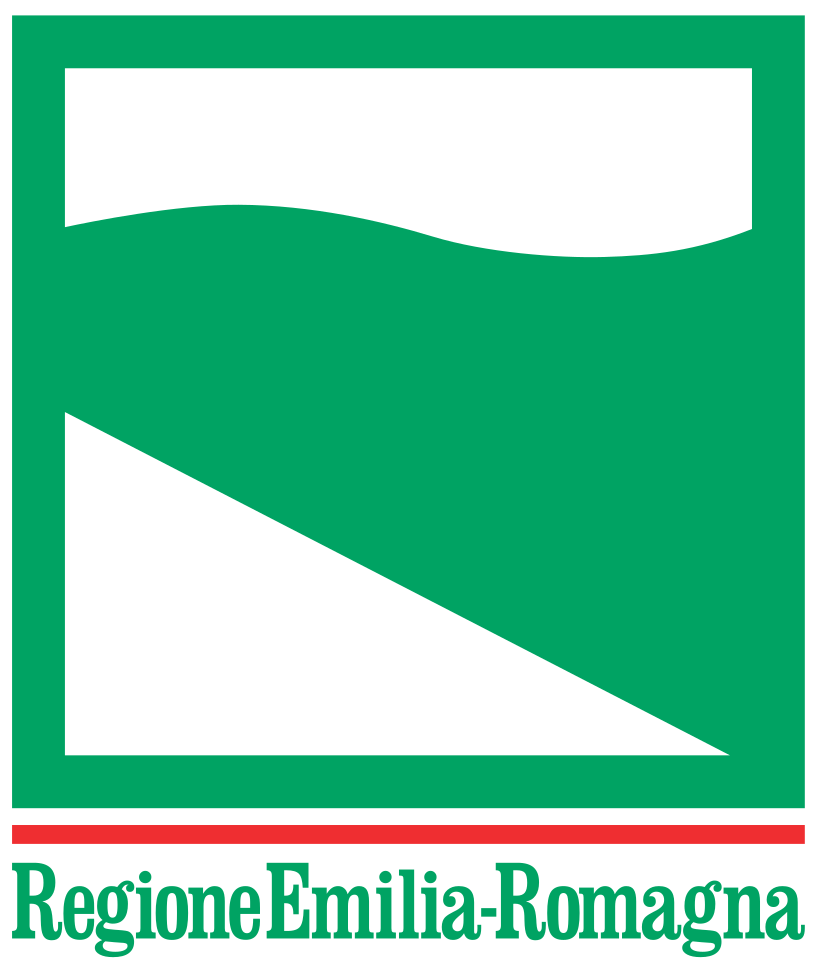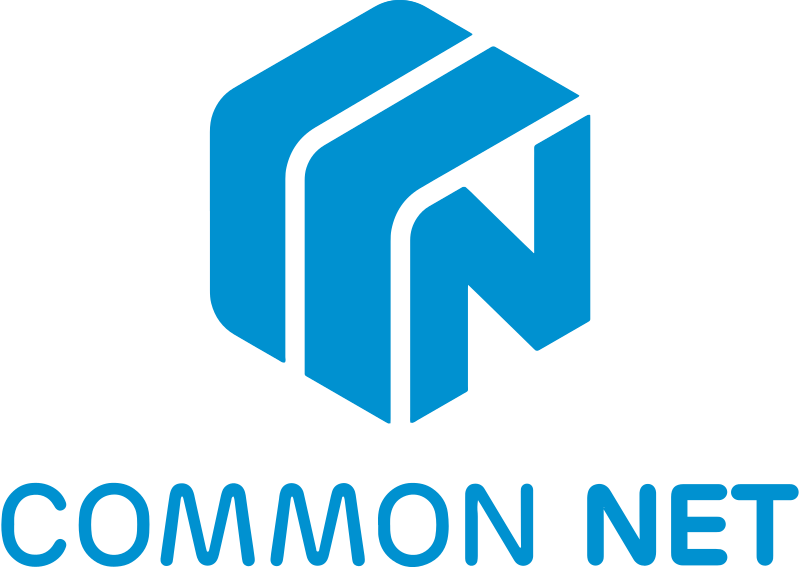
 |
 |
 |
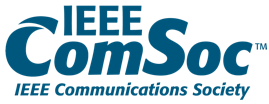 |
 |
Keynotes
The Memory Layer for Web3
Muriel Médard
Traditional computing follows the von Neumann architecture, where a compute/control unit interacts with read/write memory via a bus. Compute/control relies crucially on memory and access to it. This model has underpinned decades of innovation. Web3 has traditionally developed technologies such as virtual machines (VMs), that map onto von Neumann’s compute/control framework. Data propagation (bus) and access (read/write memory), however, have emerged as present critical constraints in decentralized environments. We introduce a breakthrough in Web3 infrastructure by using network coding for data propagation (MumP2P) and decentralized random access memory (DeROM/DeRAM) for data read/writes. Optimum acts as a virtualized dedicated memory layer, enabling high-speed data propagation, secure access, and real-time updates over a permissionless, decentralized, and potentially unreliable network of nodes. By leveraging Random Linear Network Coding (RLNC), Optimum ensures optimum propagation across a decentralized network. It also ensures atomic, consistent, and durable data access, while maintaining high throughput and low latency.
Biography
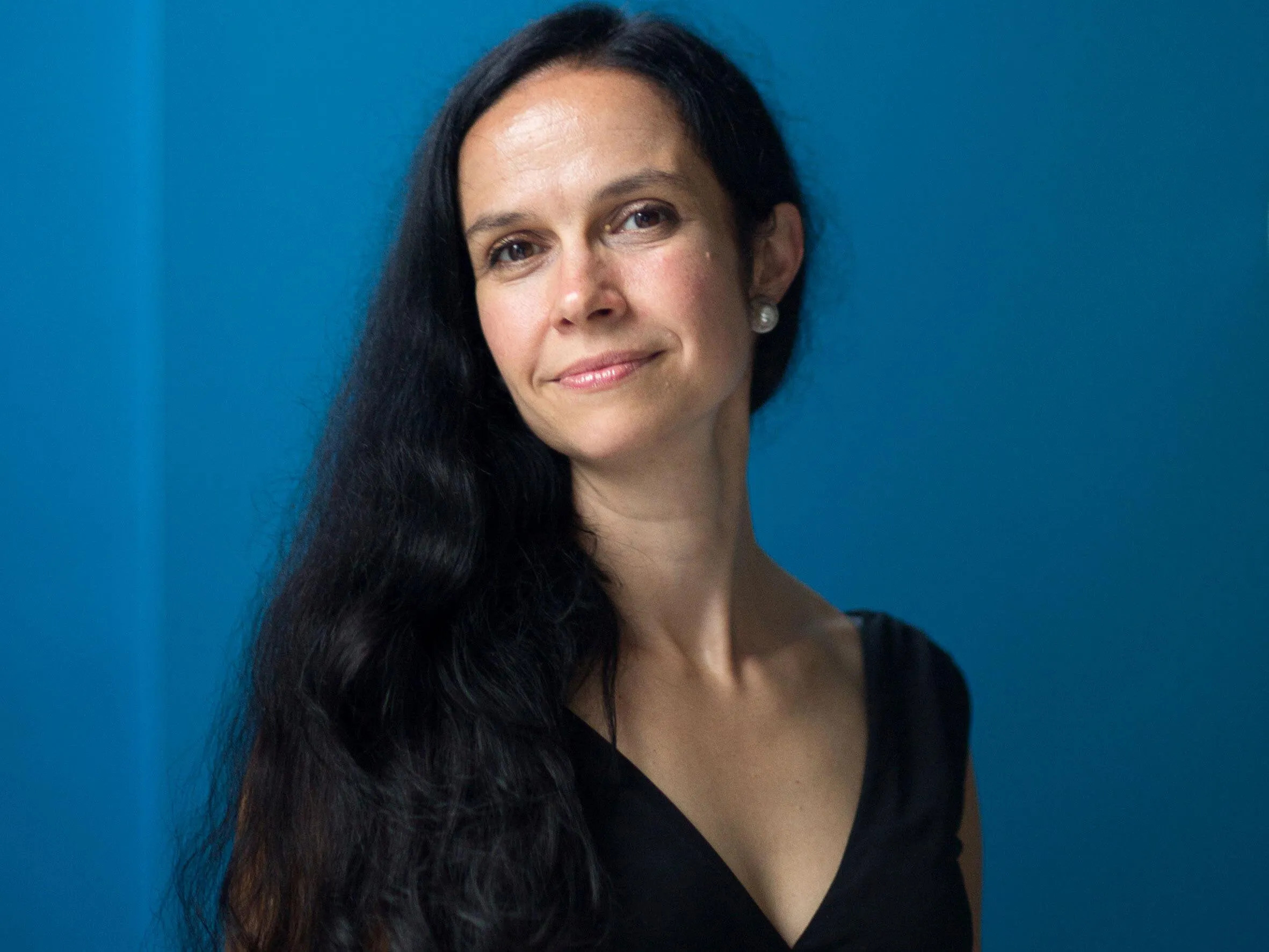 Muriel Médard is the co-founder of Optimum, and holds the NEC Chair of Software Science and Engineering for the School of Engineering at MIT, and is a Professor in EECS.
She obtained three Bachelors degrees, her M.S. and Sc.D, all from MIT. Muriel is a Member of the US National Academy of Engineering (elected 2020), a Member of the German National Academy of Sciences Leopoldina (elected 2022), a Fellow of the US National Academy
of Inventors (elected 2018), American Academy of Arts and Sciences (elected 2021), and a Fellow of the Institute of Electrical and Electronics Engineers (elected 2008). She holds Honorary Doctorates from the Technical University of Munich (2020), the University
of Aalborg (2022) and the Budapest University of Technology and Economics (2023). Muriel was awarded the 2022 IEEE Kobayashi Computers and Communications Award. She received the 2019 Best Paper award for IEEE Transactions on Network Science and Engineering,
the 2018 ACM SIGCOMM Test of Time Paper Award, as well as nine conference paper awards.Muriel served as the Editor-in-Chief (EIC) of IEEE Transactions on Information Theory, and was EiC of IEEE JSAC. She was president of the IEEE Information Theory Society.
Muriel received the inaugural MIT Postdoctoral Association Mentoring Award in 2022, the inaugural MIT EECS Graduate Student Association Mentor Award, voted by the students, in 2013. She set up the Women in the Information Theory Society (WithITS) and Information
Theory Society Mentoring Program. She was recognized with the 2017 IEEE Aaron Wyner Distinguished Service Award. Muriel has over seventy US and international patents awarded, the vast majority of which have been licensed or acquired. Muriel has supervised
over 40 master students, over 20 doctoral students and over 25 postdoctoral fellows.
Muriel Médard is the co-founder of Optimum, and holds the NEC Chair of Software Science and Engineering for the School of Engineering at MIT, and is a Professor in EECS.
She obtained three Bachelors degrees, her M.S. and Sc.D, all from MIT. Muriel is a Member of the US National Academy of Engineering (elected 2020), a Member of the German National Academy of Sciences Leopoldina (elected 2022), a Fellow of the US National Academy
of Inventors (elected 2018), American Academy of Arts and Sciences (elected 2021), and a Fellow of the Institute of Electrical and Electronics Engineers (elected 2008). She holds Honorary Doctorates from the Technical University of Munich (2020), the University
of Aalborg (2022) and the Budapest University of Technology and Economics (2023). Muriel was awarded the 2022 IEEE Kobayashi Computers and Communications Award. She received the 2019 Best Paper award for IEEE Transactions on Network Science and Engineering,
the 2018 ACM SIGCOMM Test of Time Paper Award, as well as nine conference paper awards.Muriel served as the Editor-in-Chief (EIC) of IEEE Transactions on Information Theory, and was EiC of IEEE JSAC. She was president of the IEEE Information Theory Society.
Muriel received the inaugural MIT Postdoctoral Association Mentoring Award in 2022, the inaugural MIT EECS Graduate Student Association Mentor Award, voted by the students, in 2013. She set up the Women in the Information Theory Society (WithITS) and Information
Theory Society Mentoring Program. She was recognized with the 2017 IEEE Aaron Wyner Distinguished Service Award. Muriel has over seventy US and international patents awarded, the vast majority of which have been licensed or acquired. Muriel has supervised
over 40 master students, over 20 doctoral students and over 25 postdoctoral fellows.
On the Road Towards a Greener Internet - Challenges and Opportunities in Environmentally Sustainable Networking
Alexander Clemm
The reduction of humankind's environmental footprint has become one of the defining concerns of our time. Networks have long played a key role in this quest as they allow to substitute carbon-intensive transport of persons or physical goods with digital communications. However, more recently the environmental footprint of networks themselves is increasingly coming into focus, by network operators who strive to become "net zero" and reduce their energy cost as well as by researchers who are looking for impactful problems to be solved. While reducing energy usage is a part of the equation, many factors complicate matters, chief among them the fact that energy usage is generally not proportional with network load. As a result, simply (for example) reducing the volume of data that is exchanged may not lead to a meaningful impact at all. This presentation will explore some of the challenges that are associated with making networks environmentally more sustainable, specifically at Layers 3 and above. Among others, the IETF has recently also been stepping up its activities in this space and an overview of some of the efforts currently under way there will be given. The presentation will also touch on a few solution approaches as well as how other important developments in the network and service management space from Intent-Based Networking to the advent of Generative AI may tie into this problem space and create a rich set of opportunities.
Biography
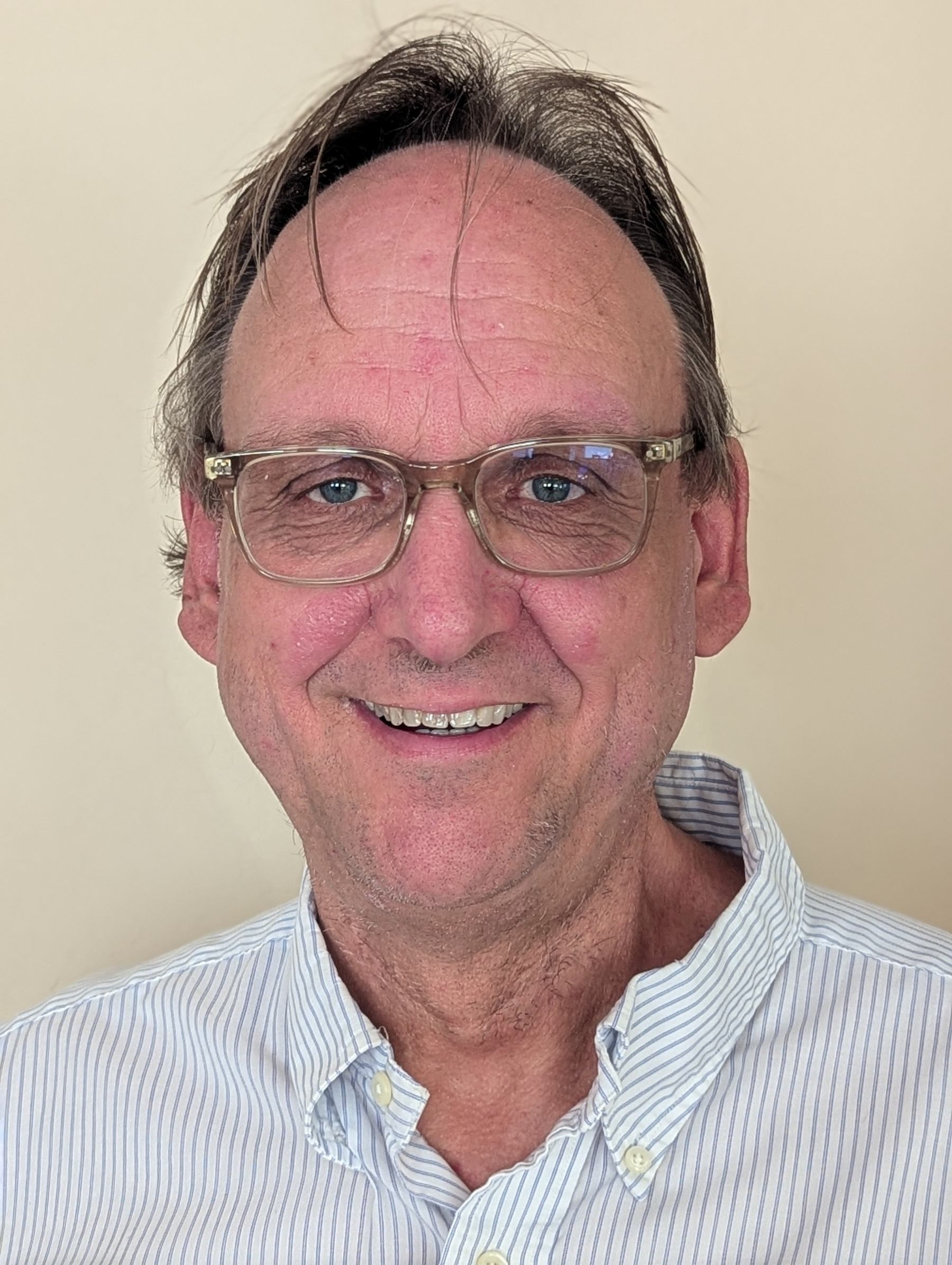 Alexander Clemm is a recognized expert in network management technology and networking software in which he has been involved from inception to customer delivery throughout his career. His most recent activities have been in the areas of sustainable networking, future networking services, intent-based networking, service assurance, and telemetry. After 7+ years as a Distinguished Engineer at Futurewei and prior to that 18 years at Cisco, he recently decided to pursue an academic sabbatical and embark on new adventures. Alex has for many years been regularly serving on the committees of CNSM, NOMS/IM and NetSoft, including on some occasions as a general co-chair or TPC co-chair. He is the recipient of the 2020 Salah Aidarous Award given by IEEE CNOM and IFIP TC6.6 to "an individual who has provided unremitting service and dedication to the IT and Telecommunications Network Operations and Management community". Alex has an extensive publication record including 70+ papers, 70+ patents, and 16 RFCs. He holds an M.S. degree from Stanford University and a Ph.D. from the University of Munich, Germany, both in Computer Science.
Alexander Clemm is a recognized expert in network management technology and networking software in which he has been involved from inception to customer delivery throughout his career. His most recent activities have been in the areas of sustainable networking, future networking services, intent-based networking, service assurance, and telemetry. After 7+ years as a Distinguished Engineer at Futurewei and prior to that 18 years at Cisco, he recently decided to pursue an academic sabbatical and embark on new adventures. Alex has for many years been regularly serving on the committees of CNSM, NOMS/IM and NetSoft, including on some occasions as a general co-chair or TPC co-chair. He is the recipient of the 2020 Salah Aidarous Award given by IEEE CNOM and IFIP TC6.6 to "an individual who has provided unremitting service and dedication to the IT and Telecommunications Network Operations and Management community". Alex has an extensive publication record including 70+ papers, 70+ patents, and 16 RFCs. He holds an M.S. degree from Stanford University and a Ph.D. from the University of Munich, Germany, both in Computer Science.
From Networks to Redundancies: Building Resilience
Gianluca Mazzini
Biography
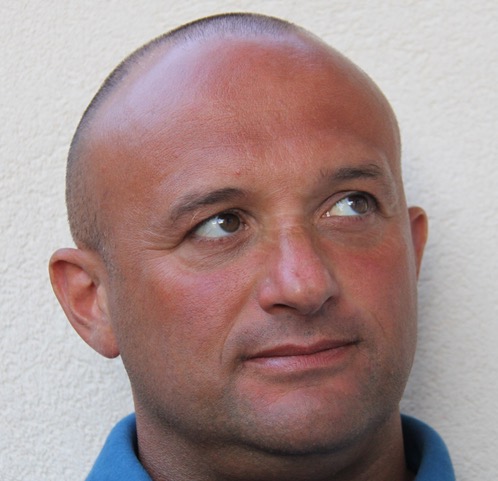 Gianluca Mazzini was born in 1968. He received his Bachelor's degree and PhD from the University of Bologna in 1992 and 1996. Since 1996, he holds a permanent position at the University of Ferrara, Italy. He has been teaching telecommunications courses since 1995. He served as advisor for over 150 theses and supervisor for 15 doctoral dissertations. He published over 300 peer-reviewed international scientific articles. He was Associate Editor of the IEEE for nine years. He managed over 40 research projects, including 20 as principal investigator. He served on over 60 technical committees for international conferences. He is a Fellow of the IEEE for his contribution to the design of chaos-based electronic and telecommunications systems. He served on various scientific councils, including: CNIT, GARR, Tecnolopo di Cento, ICT of the Emilia-Romagna Region, ASTER, Iperbole Wireless of the Municipality of Bologna, and the Guglielmo Marconi Foundation. He was Director of Research & Development at Lepida SpA, General Manager of Cup2000 ScpA, member of the Board of Directors of Lepida SpA, and member of the Executive Board of CNIT. Since 2009, he is Director of Lepida SpA, which became Lepida ScpA in 2019. From 2019 to 2024, he was a member of the Board of Directors of the Guglielmo Marconi Foundation.
Gianluca Mazzini was born in 1968. He received his Bachelor's degree and PhD from the University of Bologna in 1992 and 1996. Since 1996, he holds a permanent position at the University of Ferrara, Italy. He has been teaching telecommunications courses since 1995. He served as advisor for over 150 theses and supervisor for 15 doctoral dissertations. He published over 300 peer-reviewed international scientific articles. He was Associate Editor of the IEEE for nine years. He managed over 40 research projects, including 20 as principal investigator. He served on over 60 technical committees for international conferences. He is a Fellow of the IEEE for his contribution to the design of chaos-based electronic and telecommunications systems. He served on various scientific councils, including: CNIT, GARR, Tecnolopo di Cento, ICT of the Emilia-Romagna Region, ASTER, Iperbole Wireless of the Municipality of Bologna, and the Guglielmo Marconi Foundation. He was Director of Research & Development at Lepida SpA, General Manager of Cup2000 ScpA, member of the Board of Directors of Lepida SpA, and member of the Executive Board of CNIT. Since 2009, he is Director of Lepida SpA, which became Lepida ScpA in 2019. From 2019 to 2024, he was a member of the Board of Directors of the Guglielmo Marconi Foundation.
